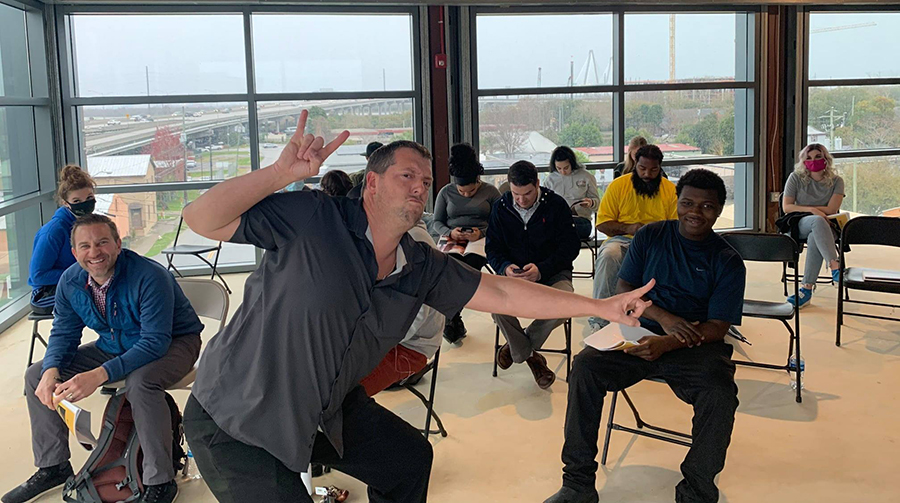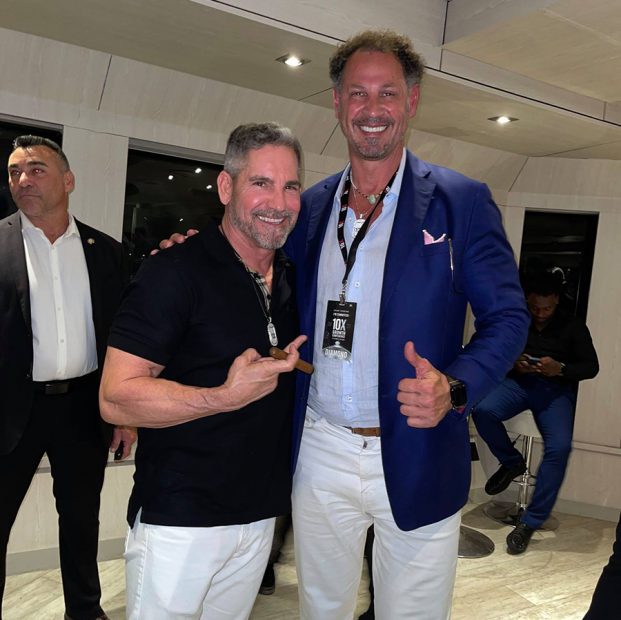What Makes a Team Successful?

The question, “What makes a team successful?” is a topic that many acquaintances and those whom I mentor ask often. My answer will always be that building successful teams starts at the top. As the CEO of Charleston Hospitality Group in Charleston, SC, it is important that my company engenders a work environment that encompasses inclusion, diversity and positive values. In order to provide all of my employees a positive work environment, it is important that all of my employees are provided with a productive work environment, share the same mindset, and are equipped with the necessary resources to succeed and be the best versions of themselves. This includes both professionally and outside of the workplace.
With over 15 years as an owner of restaurants, I have learned the importance of leading by example, understanding employees and empowering them to be the best through continuous guidance and mentorship. What I have found to be particularly critical to the success of teams includes providing employees with direction, strong and organized structures to follow and the infinite support of myself and those who I have delegated as leaders.
Recently, I reviewed an article published by the Harvard Business Review which resonated with me. It discusses enabling the conditions for highly-performing and successful teams. It stated the following as secrets for success:
1) Compelling Direction
The foundation of every great team is a direction that energizes, orients, and engages its members. Teams cannot be inspired if they don’t know what they’re working toward and don’t have explicit goals. Those goals should be challenging but not so difficult that the team becomes unmotivated. People have to care about achieving a goal, whether because they want to gain extrinsic rewards – like recognition and promotions – or intrinsic rewards, such as self actualization and a sense of meaning.
2) Strong Structure
Teams also need the right mix and number of members, tasks and standards that discourage destructive behavior and promote positive work habits. High-performing teams include members with a balance of skills. Diversity in knowledge and perspectives, as well as in age, gender, and race, can help teams be more creative and efficient. As a leader, it is important to note that one single team member isn’t going to have all the technical and social skills. What is important is that the team has a healthy dose of all necessary skills needed to complete the task at hand. This should simultaneously foster longevity in a team, without burnout.
3) Supportive Context
Having the right support is the third condition that enables team effectiveness. This includes maintaining a reward system that reinforces good performance, an information system that provides access to the data needed for the job, and an educational system that offers training and on-site support. While no team is perfect, leaders and business owners can avoid a lot of frustration by taking the time to get the essential pieces in place from the start and following-up with their team to ensure that everyone is clear on the goal.
4) Shared Context
Shared mindset is the cornerstone of effective team collaboration. It gives a team a frame of reference, allows the group to interpret situations and decisions correctly, helps people understand one another better, and greatly increases efficiency.
5) Evaluating your team
How will you know if your efforts are working? Every few months it is important to rate your team by using metrics that demonstrate productivity and successful quarters. Seeing healthy numbers is a good sign in determining that all members share the same mindset and that the leader of the team has communicated effectively with all team members, keeping them on track and motivated.
“The Secrets of Great Teamwork.” Harvard Business Review, 18 Mar. 2019, hbr.org/2016/06/the-secrets-of-great-teamwork.





